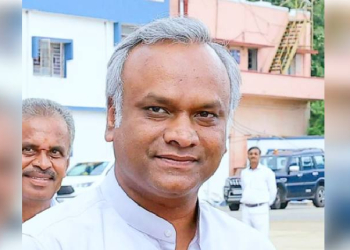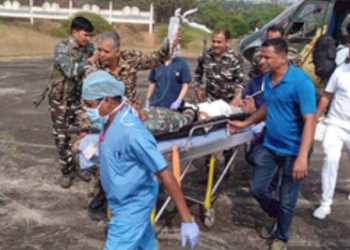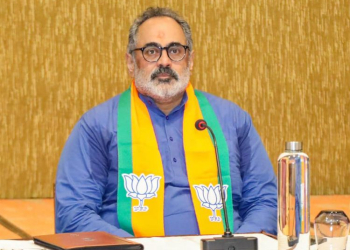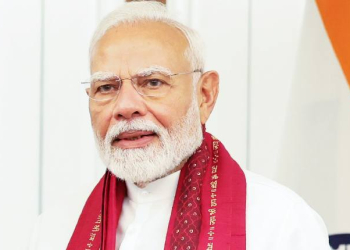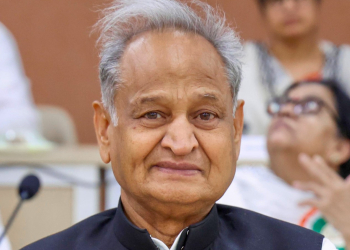Guwahati: The Gauhati High Court has upheld its September 2018 verdict absolving former Assam Chief Minister Prafulla Kumar Mahanta of the charges of planning a string of arbitrary executions more than 20 years ago.
It was alleged that between 1998 and 2001, the police killed at least 400 persons who were family members, relatives, and sympathisers of the proscribed United Liberation Front of Asom (ULFA). The executions became known as “gupto hoitya” (secret killings) because the perpetrators were never caught.
Ajit Kumar Bhuyan, a former journalist and currently a Rajya Sabha member, and another person, Ananta Kalita, who survived a murder attempt on September 18, 1999, had filed an interlocutory application against the 2018 ruling.
The two-time former Chief Minister Mahanta hailed the judgement on Tuesday.
Mahanta told reporters here, “The court’s decision has strengthened my confidence in the judicial system. I am grateful that the court upheld the truth and that the accusations against me were a result of a plot by some politicians and political groups to damage my reputation.”
Mahanta has been unwell for the past few months and has restricted all of his political activities.
The Gauhati High Court order said, “Not only have the applicants failed to convincingly explain the gross delay of 531 days occasioned in filing of the appeal, but they have also made inconsistent and contradictory pleadings in the three affidavits.”
During Mahanta’s second term as Chief Minister, between 1998 and 2001, many ULFA militants were killed.
The KN Saikia Commission was established in 2005 by the Congress administration of Tarun Gogoi, who was the Chief Minister at the time. The panel charged Mahanta in its 2007 findings after discovering evidence of a connection between the police and surrendered ULFA militants, who were reportedly deployed as the executioners.
However, the high court had declared the commission’s formation as unlawful and had annulled it in 2018.
Mahanta, the founder and current President of Asom Gana Parishad (AGP), was accused by other parties, most notably the Congress, for the extrajudicial deaths. ULFA militants’ friends, family members, and sympathisers were repeatedly murdered by assailants wearing masks.
The AGP government was overthrown in 2001, after which the massacres ended, marking arguably the darkest period in Assam politics.
The Congress had used the secret killings issue extensively to come to power.
(IANS)



